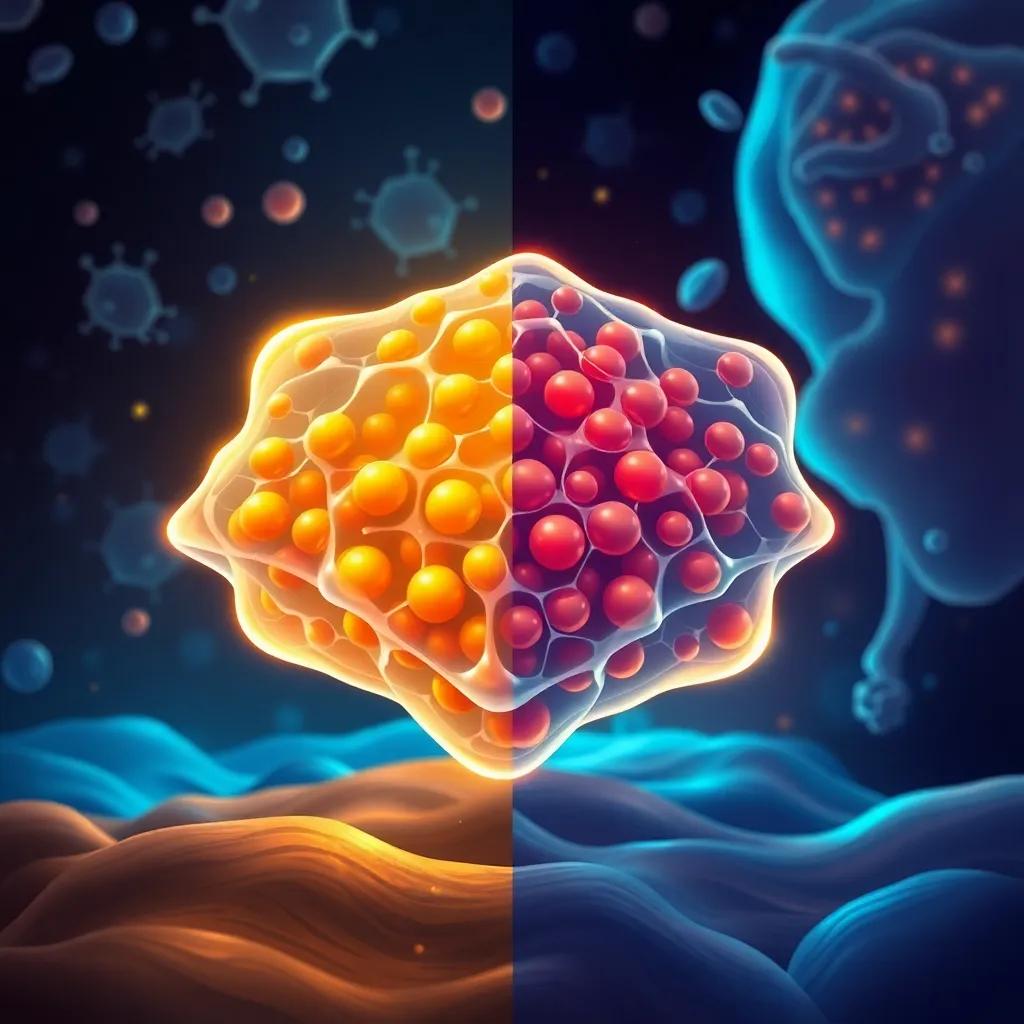Recent research highlights the promising antimicrobial and wound healing properties of chitosan-polyvinyl alcohol bionanocomposites enriched with turmeric oil, with potential applications in personalized medicine.
Innovative chitosan-turmeric nanocomposites show dual benefits in antimicrobial therapy and wound healing, offering new solutions for antibiotic resistance and chronic wounds.
Introduction to Chitosan-Turmeric Nanocomposites
Recent advancements in biomedical materials have introduced chitosan-polyvinyl alcohol bionanocomposites enriched with turmeric oil as a groundbreaking solution for antimicrobial and wound healing applications. A 2023 study published in the International Journal of Biological Macromolecules demonstrated their enhanced efficacy against multi-drug resistant bacteria, marking a significant step forward in combating antibiotic resistance.
Antimicrobial Properties and Mechanisms
The antimicrobial properties of these nanocomposites stem from the synergistic effects of chitosan and turmeric oil. Chitosan, a natural biopolymer derived from crustacean shells, exhibits inherent antimicrobial activity by disrupting bacterial cell membranes. When combined with turmeric oil, which contains potent bioactive compounds like curcumin, the nanocomposites show enhanced broad-spectrum antimicrobial effects. A 2023 study in Materials Today Communications highlighted the nanocomposites’ ability to accelerate wound healing by 40% compared to traditional dressings,
underscoring their potential in clinical settings.
Wound Healing Applications
The wound healing capabilities of chitosan-turmeric nanocomposites are attributed to their ability to promote tissue regeneration and reduce inflammation. Researchers at the University of Lisbon recently patented a method to enhance the nanocomposites’ stability for oral supplement formulations, expanding their applications beyond topical use. These nanocomposites create an optimal microenvironment for wound healing by maintaining moisture, providing antimicrobial protection, and delivering bioactive compounds directly to the wound site.
Dietary Supplements and Safety
The potential of chitosan-turmeric nanocomposites in dietary supplements is being explored due to turmeric’s well-documented anti-inflammatory properties. The European Food Safety Authority (EFSA) is currently evaluating turmeric oil’s safety profile for dietary use, with preliminary results expected in Q4 2023. This regulatory review is crucial for ensuring the safe incorporation of these nanocomposites into health supplements.
Future Directions in Medicine
Future applications of chitosan-turmeric nanocomposites may include smart drug delivery systems, leveraging their biocompatibility and controlled release properties. Researchers are also investigating their use in personalized medicine, particularly for patients with chronic wounds or antibiotic-resistant infections. The dual role of these nanocomposites in both topical and oral applications positions them as a versatile tool in modern healthcare.
Conclusion
Chitosan-polyvinyl alcohol bionanocomposites enriched with turmeric oil represent a promising frontier in biomedical applications. Their antimicrobial and wound healing properties, combined with potential uses in dietary supplements, offer innovative solutions to some of today’s most pressing medical challenges. As regulatory approvals progress and research continues, these nanocomposites could revolutionize personalized medicine and antimicrobial therapy.

